Table of Contents
List of Illustrations
Guide
Pages
Dedication
For Kathrine
Copyright page
Copyright Ole Bjerg 2016
The right of Ole Bjerg to be identified as Author of this Work has been asserted in accordance with the UK Copyright, Designs and Patents Act 1988.
First published in 2016 by Polity Press
Polity Press
65 Bridge Street
Cambridge CB2 1UR, UK
Polity Press
350 Main Street
Malden, MA 02148, USA
All rights reserved. Except for the quotation of short passages for the purpose of criticism and review, no part of this publication may be reproduced, stored in a retrieval system, or transmitted, in any form or by any means, electronic, mechanical, photocopying, recording or otherwise, without the prior permission of the publisher.
ISBN-13: 978-1-5095-0623-1
ISBN-13: 978-1-5095-0624-8(pb)
A catalogue record for this book is available from the British Library.
Library of Congress Cataloging-in-Publication Data
Bjerg, Ole, 1974- author.
Parallax of growth: the philosophy of ecology and economy / Ole Bjerg.
Cambridge; Malden, MA: Polity Press, [2016] | Includes
bibliographical references and index.
LCCN 2015025357| ISBN 9781509506231 (hardback) | ISBN
9781509506248 (pbk.)
LCSH: EcologyPhilosophy. | Environmental economics.
LCC QH540.5 .B54 2016 | DDC 577.01dc23 LC record available at http://lccn.loc.gov/2015025357
Typeset in 10.5 on 12pt Sabon
by Toppan Best-set Premedia Limited
Printed and bound in the United Kingdom by Clays Ltd, St Ives PLC
The publisher has used its best endeavours to ensure that the URLs for external websites referred to in this book are correct and active at the time of going to press. However, the publisher has no responsibility for the websites and can make no guarantee that a site will remain live or that the content is or will remain appropriate.
Every effort has been made to trace all copyright holders, but if any have been inadvertently overlooked the publisher will be pleased to include any necessary credits in any subsequent reprint or edition.
For further information on Polity, visit our website:
politybooks.com
Introduction: Lenin at the Supermarket
The answer to the dual crisis of ecology and economy is found on a commercial billboard at a Stockholm underground station. An ad for Willy:s supermarket () shows the picture of a bag of green-labelled groceries with the following text written on the bag: Given the choice between ecology and economy we do not think that you should have to choose. Willy:s. Our business plan: The cheapest lunch box in Sweden.

Willy:s billboard ad
Of course, the immediate reading of the ad merely suggests that here is yet another option for the capitalist consumer, who wishes to save the planet from global warming and other environmental dangers without having to fundamentally change her habits of consumption. At Willy:s, the consumer can buy environmentally friendly products at a cheap price. This is green capitalism at its best.
The obvious point of the ad from Willy:s is of course that it is possible to have both ecology and economy at the same time. You don't have to choose. However, on closer philosophical inspection, the ad offers the possibility of yet another reading. This reading may serve as a first indication of the way that this book intends to approach the growth crisis of contemporary capitalism. Slavoj iek may provide us with the tools to open this alternative reading of the ad in the form of an old joke from the Soviet Union. The background of the joke is that Lenin would always encourage young people to educate themselves with the slogan learn, learn, learn.
Marx, Engels, and Lenin are asked whether they would prefer to have a wife or a mistress. As expected, Marx, rather conservative in private matters, answers, A wife! while Engels, more of a bonvivant, opts for a mistress. To everyone's surprise, Lenin says, I'd like to have both! Why? Is there a hidden stripe of decadent jouisseur behind his austere revolutionary image? No, he explains: So that I can tell my wife that I am going to my mistress, and my mistress that I have to be with my wife And then, what do you do? I go to a solitary place to learn, learn, and learn!
The joke shares the same initial structure as the ad since both open with a choice between two seemingly mutually exclusive options: ecology or economy, wife or mistress. The immediate point of the Willy:s ad is that it provides a third option, which allows the consumer to choose both positions. Buying cheap organic bananas, the consumer may choose ecology and economy at the same time. In comparison, the joke opens not three but four different positions: (1) I prefer a wife. This is the position adopted by Marx; (2) I prefer a mistress. This is the position adopted by Engels. Now the third possibility branches off into two positions: (3) I'd like to have both wife and mistress because this gives me access to the decadent jouissance of sleeping with two women. This is everyone's immediate interpretation of Lenin's choice. Yet Lenin provides the final position: (4) I'd like to have both so that I can tell either one that I'm with the other, which allows me to be alone and learn, learn and learn. This fourth Leninist option is the logical route that we are going to follow in this book in the effort to study the relation between ecology and economy within the context of contemporary capitalism. Transposing the logic of this fourth option into the domain of ecology and economy, we arrive at the theoretical approach that I shall be referring to as eco-analysis.
The dilemma between ecology and economy is not merely a choice that faces the contemporary consumer when she is filling her cart with groceries in Willy:s supermarket. The field of contemporary politics also seems to be structured around this fundamental issue. In today's capitalism, we are facing not one but at least two fundamental crises: there is the economic crisis that is currently manifesting itself in declining growth rates and increasing levels of debt in most western and even some eastern economies; and there is the ecological crisis that is manifesting itself in climate change, natural resource depletion and pollution. Transposing the Lenin joke into this context of a dual crisis of ecology and economy allows us to provide a crude mapping of the two-plus-one options that are currently available to mainstream politicians, while at the same time carving out the position of eco-analysis:
A left-wing ecologist, a right-wing economist, a progressive liberal politician in the government of a small country in Northern Europe and Slavoj iek are asked whether they would prefer to save the planet or save capitalism. As expected, the left-wing ecologist answers, I would prefer to limit my consumption of capitalism's output of superfluous commodities in order to save the planet from global warming and other forms of ecological catastrophes. The right-wing economist opts for capitalism, saying, I would prefer to maintain my current pattern of consumption thus propelling the growth needed to solve the economic crisis and save capitalism. Only the system of capitalism is efficient enough to provide us with resources required to solve the (alleged) ecological crisis and save the planet (if it is indeed in danger at all). Now the progressive liberal politician in the government of a small country in Northern Europe says: I'd like to save both the planet and capitalism through technological innovations (sustainable energy, organic production of food, recycling, etc.) that allows capitalism to maintain its current volume of output and consumption but without the damaging effects to nature. In other words, the evolution of green capitalism gives me access to the decadent jouissance of both excessive consumption and the good conscience of knowing that I'm saving the planet. Then iek answers: I would also prefer to save both the planet and capitalism. Obviously, everyone is surprised by this answer. Why? Do you share with the progressive liberal politician in the government of a small country in Northern Europe the same decadent jouissance of capitalist consumption with a good conscience? No, iek explains: So I can tell the ecologists that I am trying to save capitalism, and tell the capitalists that I am trying to save the planet. And then what do you do? Analyse, Analyse, Analyse!


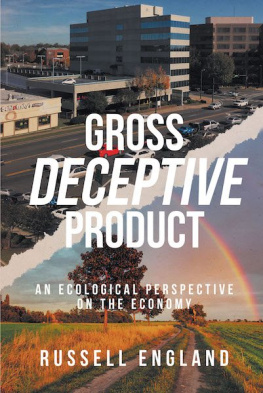
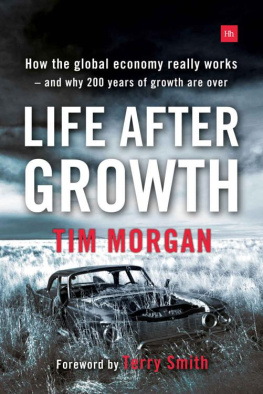
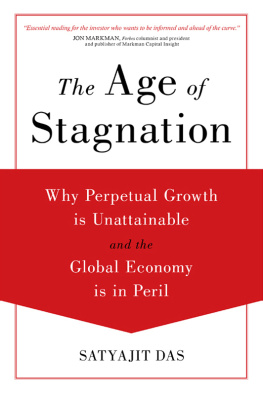
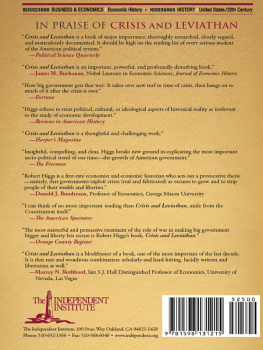
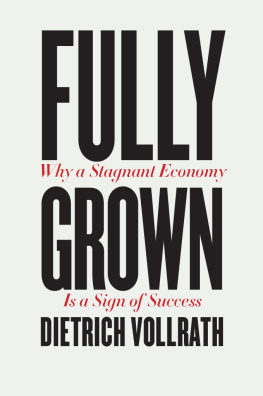
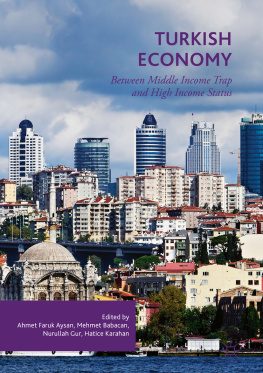
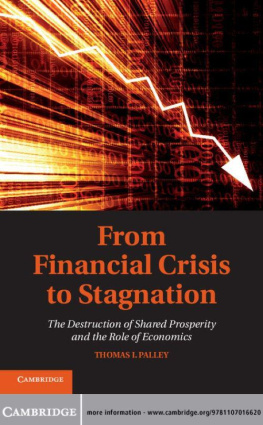
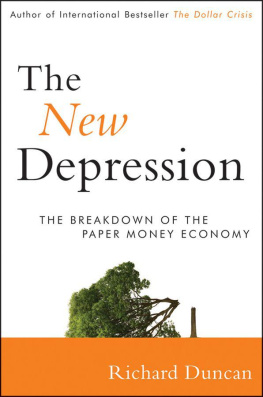

 Willy:s billboard ad
Willy:s billboard ad